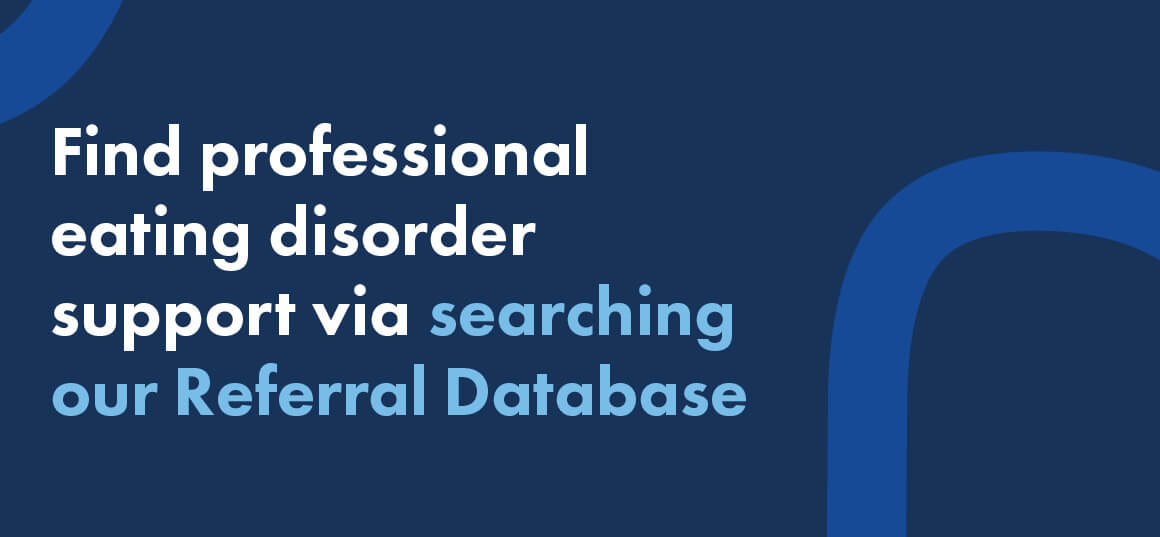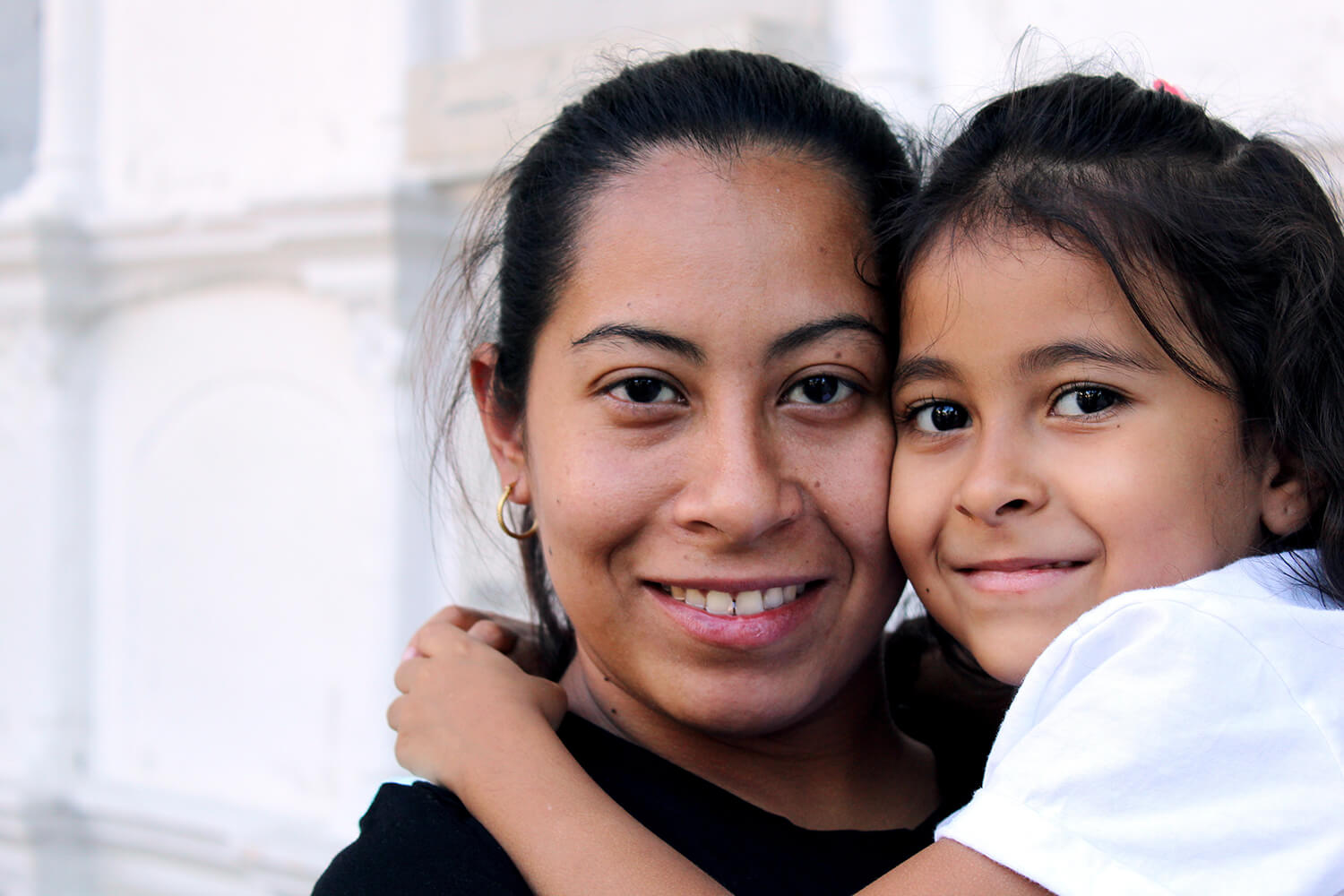Eating disorders explained
Everyone’s experience of an eating disorder is unique; they aren’t a lifestyle choice, or a cry for attention.
Over a million Australians are currently experiencing an eating disorder, and less than a quarter are getting treatment or support. We’re here to change that.
What can cause an eating disorder?
It’s unlikely that one single thing will lead to an eating disorder developing. It’s much more likely to be a combination of risk factors, including your genetics, emotional factors and cultural influences.
Who gets eating disorders?
Eating disorders don’t care about your age, gender, ethnicity or socio-economic status. People from all walks of life experience eating disorders.

We debunk the myths around eating disorders
What are the different kinds of eating disorders?
Anorexia Nervosa
Anorexia Nervosa is characterised by restrictive eating that leads to a person being unable to maintain what is considered to be a normal and healthy weight. People experiencing Anorexia Nervosa possess an intense fear of gaining weight or becoming overweight, no matter their current weight and appearance.
Bulimia Nervosa
Bulimia Nervosa is characterised by repeated episodes of binge eating, followed by compensatory behaviours, such a purging or excessive exercise. People experiencing Bulimia Nervosa often place an excessive emphasis on their body shape or weight.
Binge Eating Disorder
Binge Eating Disorder is characterised by episodes of eating large amounts of food over very short periods of time, with no compensatory behaviours. People who experience binge eating often feel a loss of control during episodes of binge eating.
Other Specified Feeding and Eating Disorders (OSFED)
OSFED may present with many symptoms of other eating disorders, but where the person doesn’t meet the full criteria for diagnosis of those eating disorders. OSFED is no less serious and with treatment, recovery is possible.
Disordered eating
Disordered eating is a disturbed and unhealthy eating patterns. They can include restrictive dieting, compulsive eating or skipping meals. Disordered eating behaviours, and in particular dieting are the most common indicators of the development of an eating disorder.
PICA
PICA is an eating disorder where people eat things that aren’t considered food. For example, they may eat dirt, chalk, soap, hair, laundry detergent, among other things.
ARFID
Avoidant/Restrictive Food Intake Disorder (ARFID), is more commonly known as “extreme picky eating”. A person who is experiencing ARFID often shows highly selective eating habits, disturbed feeding patterns or both.
Orthorexia
Orthorexia isn’t currently recognised as an official eating disorder diagnosis, however there is growing recognition that this may be a distinct eating disorder. It involves an obsession with healthy, or “clean” eating. People will often obsess about the benefits of healthy foods, food quality, but not necessarily quantity of food.
Treatment that can help
Successful treatment and complete recovery from an eating disorder is possible. But because eating disorders are a complex mental illness, people who are experiencing an eating disorder need expert treatment and support.
Recovery is possible
Recovery from an eating disorder is a deeply personal journey and looks and feels different for everyone. Only you will know what full recovery will look and feel like for you. No matter where you are in your recovery journey, we’re here to support you.
Talking helps
Whether you need support for yourself or someone you care about, call our free and confidential Helpline on 1800 ED HOPE (1800 33 4673), chat online or email.























